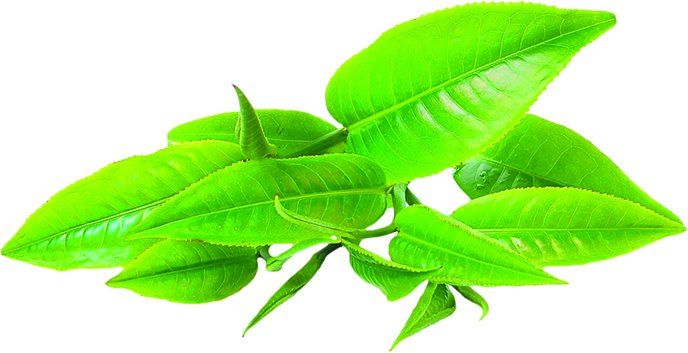
Don’t count on green-tea pills to help you lose weight or keep your bones strong. A new clinical trial testing year-long supplementation of green-tea extract reports no difference between the pills and placebo in changes in body mass index, total fat mass or percentage of body fat, or bone-mineral density.
“While many research studies have associated health benefits with the consumption of green (and black) tea,” says Jeffrey B. Blumberg, PhD, Tufts professor and senior scientist at the HNRCA Antioxidants Research Laboratory, “results remain equivocal for outcomes like weight loss and cancer risk, especially when looking at the effects of a single isolated constituent.”
EXTRACT EFFECTS: Previous observational studies have shown that people drinking more green tea are at lower risk of obesity-related diseases and have higher bone-mineral density and lower risk of hip fractures. Most green tea benefits have been linked to their content of phytonutrients, notably epigallocatechin-3-gallate (EGCG). Green tea also contains caffeine, which has been independently associated with increased energy expenditure and fat burning.
Can the apparent benefits of green tea, apart from those linked to caffeine, be obtained by popping a pill? Many supplement makers claim that they can, and products labeled as EGCG or “green-tea extract” have proliferated.
In the new study, published in the Journal of Nutrition, researchers led by Allison M. Dostal, PhD, RD, of the University of Minnesota sought to test such claims for weight loss and bone health.
PILL VS. PLACEBO: The study used data from the Minnesota Green Tea Trial, an investigation of whether green-tea extract might affect risk factors for breast cancer. Researchers focused on a subgroup of 121 overweight and obese postmenopausal women, ages 50-70.
Participants were randomly assigned to receive either a placebo or a supplement containing 843 milligrams of EGCG – about the amount in five cups of brewed green tea. The supplements did not contain caffeine. After 12 months, the groups were compared for changes in BMI, body fat and bone-mineral density.
No significant differences were found in any of the key measures, although those in the intervention group did see greater reductions in belly fat. Women with the highest BMI assigned to the green-tea extract also showed more improvement in percentage of fat tissue.
The mostly null results suggest that, while drinking green tea may confer an array of benefits for body and brain, skipping the brewing and taking supplements is unlikely to help your waistline or your bones.
TO LEARN MORE: Journal of Nutrition, February 2016—
























